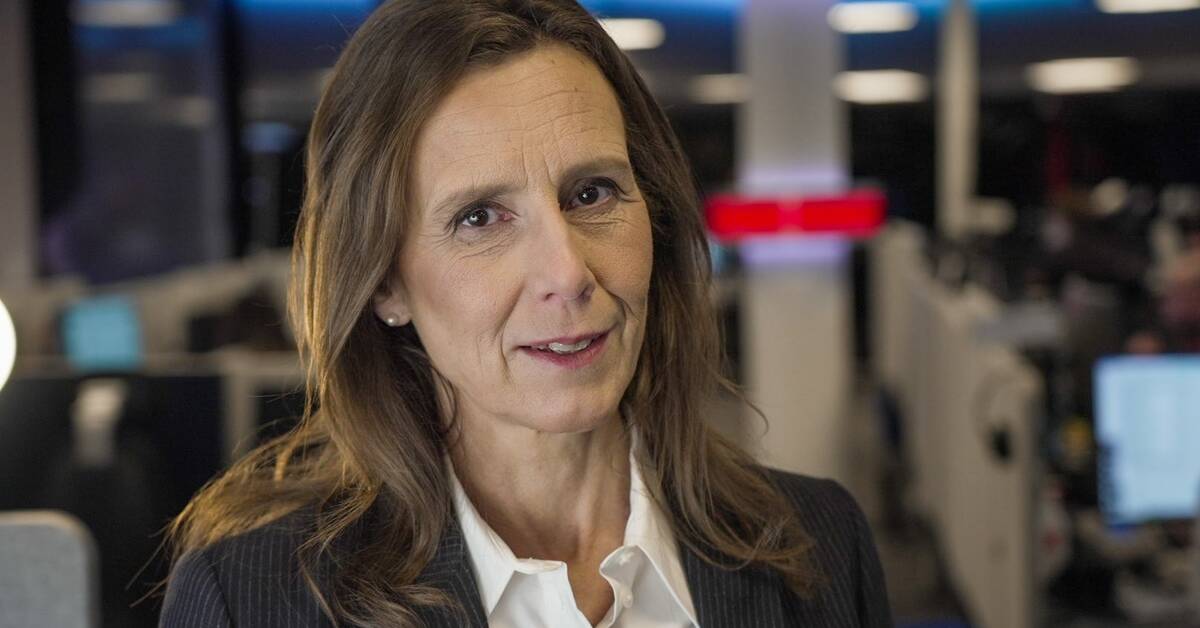It was a Thursday in February, but another Thursday.
Exactly two weeks before Russia's invasion of Ukraine, the Governor of the Riksbank, Stefan Ingves, held the latest in a series of press conferences on the key interest rate.
Once again with the same conclusion: “The Riksbank estimates that energy prices will not continue to increase this year.
Thus, inflation falls back. "
There are two problems with that statement.
The first was obvious already in the autumn:
Everyone needs electricity, not just us who have to heat our homes and tumble dry our clothes.
This applies even more to those who have to ensure that the cows are milked, keep the heat in the tomato greenhouse, keep the machines that make the paper running and so on.
Strikes hard against the producers
Transport, and thus diesel, is also needed for most things: transporting raw materials and components to factories, transporting finished goods to shops.
Thus, higher energy prices also hit hard on those who produce the goods that we consumers must buy.
Ship freight has also become more expensive, many raw materials have risen in price and the krona has weakened, making all imports more expensive.
And what has happened now is that all that has finally been added to consumer prices, for example for vegetables, bread and furniture.
Inflation is now high at 3.4 per cent, even if energy prices are excluded.
Without Russian gas and oil, prices will rise
The second problem is the war.
Russia's terrible invasion war in Ukraine has caused the outside world to fight back with economic means, on an unprecedented scale.
The US now stops buying oil from Russia immediately.
The EU plans to reduce gas purchases from Russia to one third by the end of the year.
Without all Russian gas and oil on the market, supply will be significantly smaller and prices will rise.
It has already happened, as we have seen.
Last week, petrol cost almost SEK 23 per liter and diesel almost SEK 27 at the Swedish pumps.
Inflation in February was measured on 7-25 February.
The price increases in the wake of the war did not materialize.
They will instead show up next time there are statistics, ie in mid-April.
As things stand now with wars and sanctions, it is unlikely that petrol and diesel prices will fall in the next few months either.
Too low wage increase in recent years
The government now intends to reduce petrol and diesel taxes by SEK 1.30 per liter, in addition to the 50 öre already decided.
It will of course be a small relief, but the risk is great that it will still be very expensive to refuel.
And that inflation may pull off even more this spring.
This in turn may force the Riksbank to finally rethink and raise the interest rate earlier than it said.
For those who have trusted the Riksbank's forecast of zero interest rates for another two and a half years, it may probably be time to save money to cope with the interest rate rising earlier.
And for those who have the opportunity to negotiate their salary, it may be time for that - after all, wage increases have been too low for a number of years now.
And then I do not mean primarily for the good of the wallet, but actually for the good of the whole economy.
Both the Riksbank and the National Institute of Economic Research have complained about this repeatedly.
That was when inflation was below the target of two percent.
It was not possible to remedy this by lowering the policy rate because it was already in the red, and the Governor of the Riksbank therefore instead wished - in practice - more fighting spirit among trade unions and wage negotiators.

